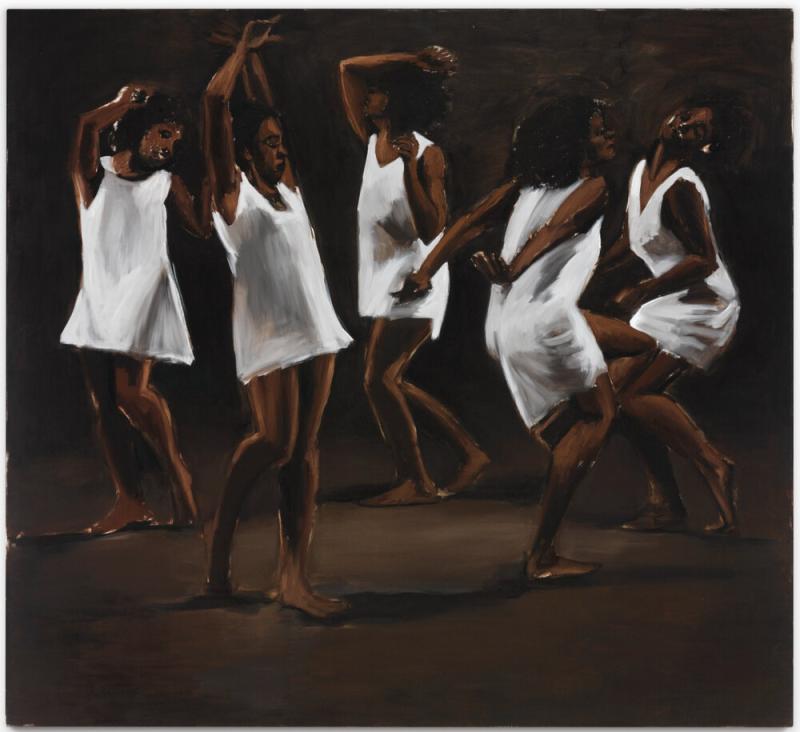
1.
Las sugestivas narrativas abiertas -que fuerzan (y alientan) la imaginación del espectador- de Lynette Yiadom-Boakye (Londres, 1977) y, en particular, su obra “The Hours Behind You” (2011).

2.
El tema «Otro bisturí», de Jordana B.
3.

«Spaceships have landed», el relato de Alice Munro publicado originalmente en el número 131 (verano de 1994), de The Paris Review. Aquí.
Comienza así:
«Eunie Morgan’s house was the third one past Monk’s. It was the last house on the road. Around midnight, Eunie’s mother said, she had heard the screen door close. She heard the screen door and thought nothing of it. She thought of course that Eunie had gone out to the toilet. Even in 1953 the Morgans had no indoor plumbing.
Of course none of them went as far as the toilet, late at night. Eunie and the old woman squatted on the grass. The old man watered the spirea at the far end of the porch. Then I must have gone to sleep, Eunie’s mother said, but I woke up later on, and I thought that I never heard her come in.
She went downstairs and walked around in the house. Eunie’s room was behind the kitchen, but she might be sleeping anywhere on a hot night. She might be on the couch in the front room or stretched out on the hall floor to get the breeze between the doors. She might have gone out on the porch where there was a decent car seat that her father, years ago, had found discarded farther down the road. Her mother could not find her anywhere. The kitchen clock said twenty past two.»
4.

La entrevista de Arancha Moreno a Quique González publicada en la revista Efe Eme el pasado 13 de octubre de 2021 a cuenta de su nuevo disco Sur en el valle (Cultura Rock Records, 2021). Aquí.
5.
El relato «Nocturno con perros», del escritor y periodista Carlos Fuller Maúrtua (Lima, 1990), publicado en la Revista Mercurio. Aquí.
Un extracto:
«A mí me gusta escuchar el sonido del mar. Me gusta hacerlo con los ojos cerrados. Porque solo así se empiezan a notar cosas que no se notan normalmente. El salpicar de gotas sobre las piedras. El agua que se filtra entre la arena. Cuando uno permanece frente al mar el tiempo suficiente, llega un momento en que cualquier otra presencia queda suprimida. Las gaviotas, los aviones, el viento. Incluso la persona queda un poco diluida por el sonido del mar. Y con ella, todo lo bueno o malo que la persona pueda tener. Sus sueños. Sus creencias. Los errores del pasado.»





